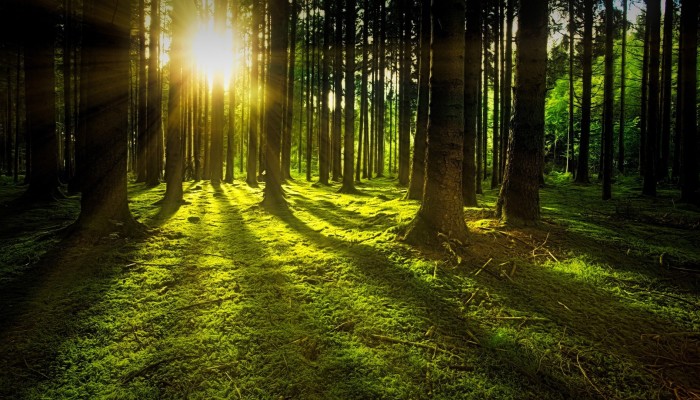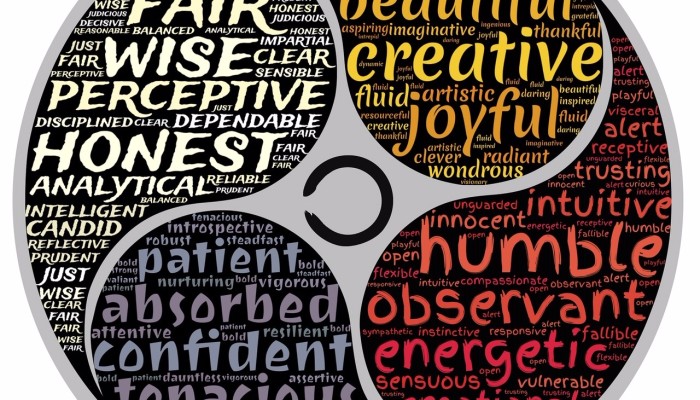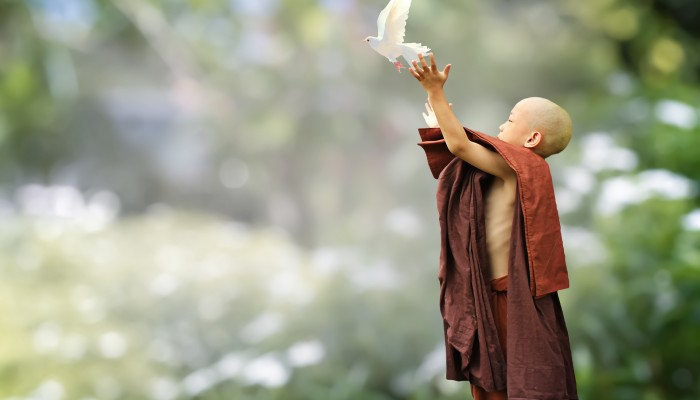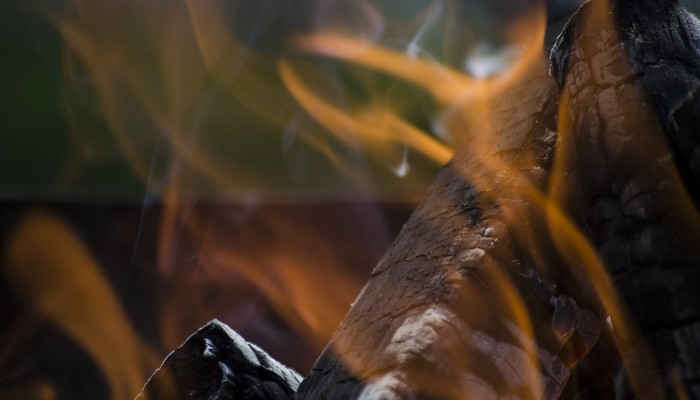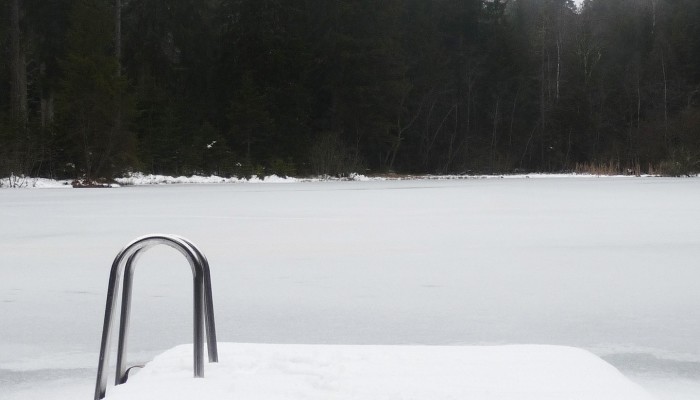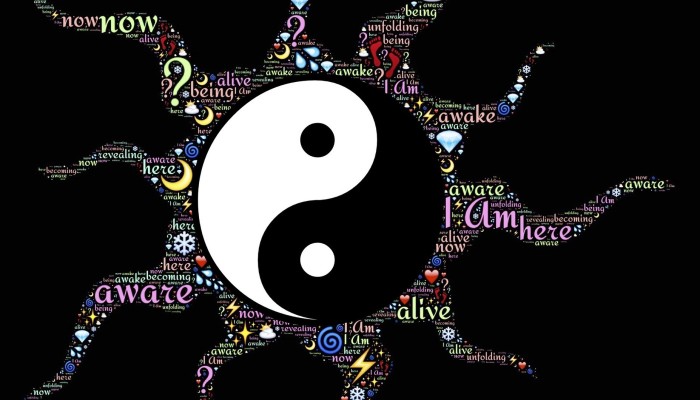The time is coming to test our choices, beliefs, principles, practices, our place in the world. It was easy for us not to worry when the human madness happened far away from us. It was easy for us to think that it would never happen to us. Now we are facing a new situation. Now we are faced with the crowning madness of civilization – war. Today it’s a war across the border. Tomorrow? ...[Read More]
Quality of life
Primal Tao is a daily quest for quality. QUALITY of experience. QUALITY of life. In practical terms it is paying attention to the quality of foods we consume and the reasons why we consume them. Primal Tao is also paying attention to the quality of our “inner life”. The quality of our thoughts and our reactions to what is happening around us, as well as the stability and quality of our inner peace ...[Read More]
The practice of KAN
One of the practices in Primal Tao (Tao of Nature) training is working on our daily attitude towards ourselves, our surroundings, and towards others. We call it the practice of KAN – Kindness, Appreciation and Now. Frequently, we do not realise how much of our perception of the world comes from our own thinking and acting in this world. We do not realise that everything we think, say and do ...[Read More]
Primal Tao – system without the system.
Dieting or exercising is unnatural. It is only because most of us live the way we do that we need to create systems that prompt us to move, eat etc. in a “special, better” way. For most of the human history, our daily activities were shaped by the natural environment. Since we’ve greatly altered our environment we no longer understand the genetic predispositions of our body and mind that ensure op ...[Read More]
Yin & Yang in my everyday life
Only when I’m hungry can I fully enjoy food. Only when I’m satiated can I fully enjoy fasting. Only when I’m cold can I fully enjoy warmth. Only when I’m hot can I fully enjoy coolness. Only when I’m tired can I fully enjoy resting. Only when I’m rested can I fully enjoy hard work. Only when I’m motionless can I fully enjoy movement. Only when I’m active can I fully enjoy stillness. & ...[Read More]
The Way of Nature
When you’re lost, look for answers in Nature. When you’re stressed out, go to Nature. When you don’t know what to do, imitate Nature. You are a part of Nature. Nature is a part of you. It has always been so. Nature didn’t disconnect from you. We disconnected from Nature. We forgot where we had come from. When you have doubts ask yourself: How is my decision or my action goi ...[Read More]
The value of discomfort.
We seem to try to avoid any discomfort no matter what. While some discomforts are worth avoiding, some natural challenges are worth having. It is too easy to forget how wonderful a full stomach can feel. It is easy to forget to appreciate a set of warm clothes suited to the weather. It is easy to forget the convenience of a toilet. It is easy to take for granted fresh, running water. It is easy no ...[Read More]
Tao of Nature.
Since the beginning of time, humans have been exposed to hunger, demanding physical activities and natural elements like cold, sun, rain etc. We used to consume what Nature provided and we used to spend all of our time outdoors. In modern times we’ve almost completely forgotten our connection to the natural world, as well as the connection to our own selves. As a result we no longer know what the ...[Read More]
Tao of the Four Empties – the Empty Mind
How many times do we hear the story of never-ending to-do-lists, things to take care of, projects to complete, deadlines to meet, unfinished errands, etc? How many times our head is overflowing with never-ending streams of thoughts, plans, worries – an incessant noise and activity. We can easily notice an interesting phenomenon nowadays – overstimulation of the mind and under-stimulati ...[Read More]
Qigong – Tai Chi – Yoga (and many other modalities) – why is it worth practicing?
When somebody asked me some twenty years ago: “What is Qigong or Tai Chi? – without any doubt, in just a few minutes I could precisely explain the goals and characteristics of these practices. Since I had “already” been a devoted practitioner for a couple of years, I was convinced that I knew everything there was to be known about the subject. A few years later I was asked the question agai ...[Read More]

